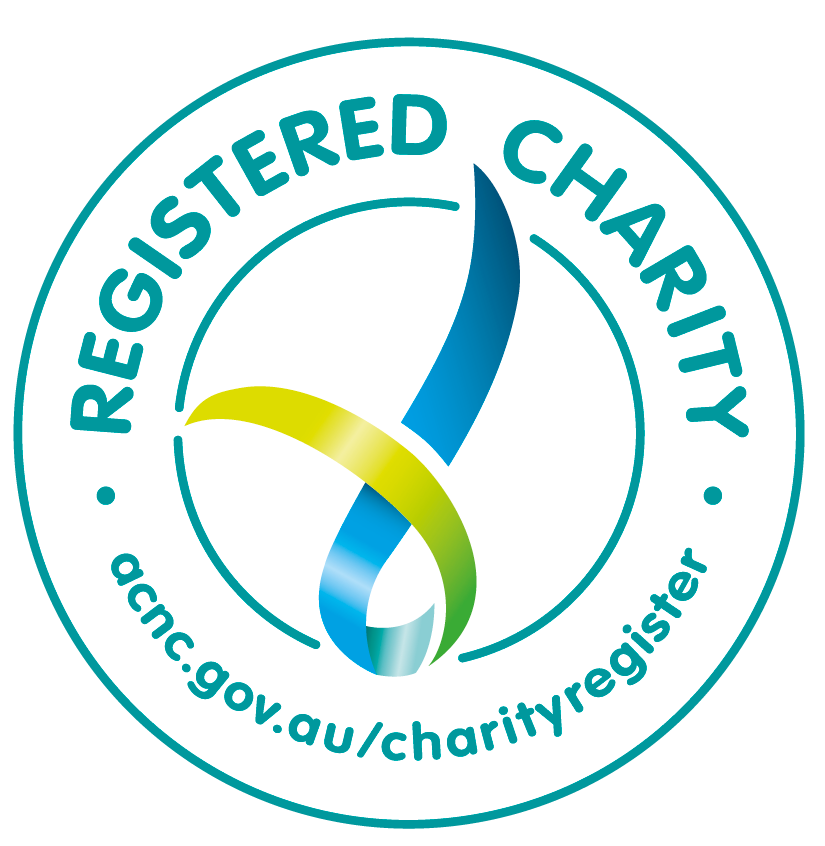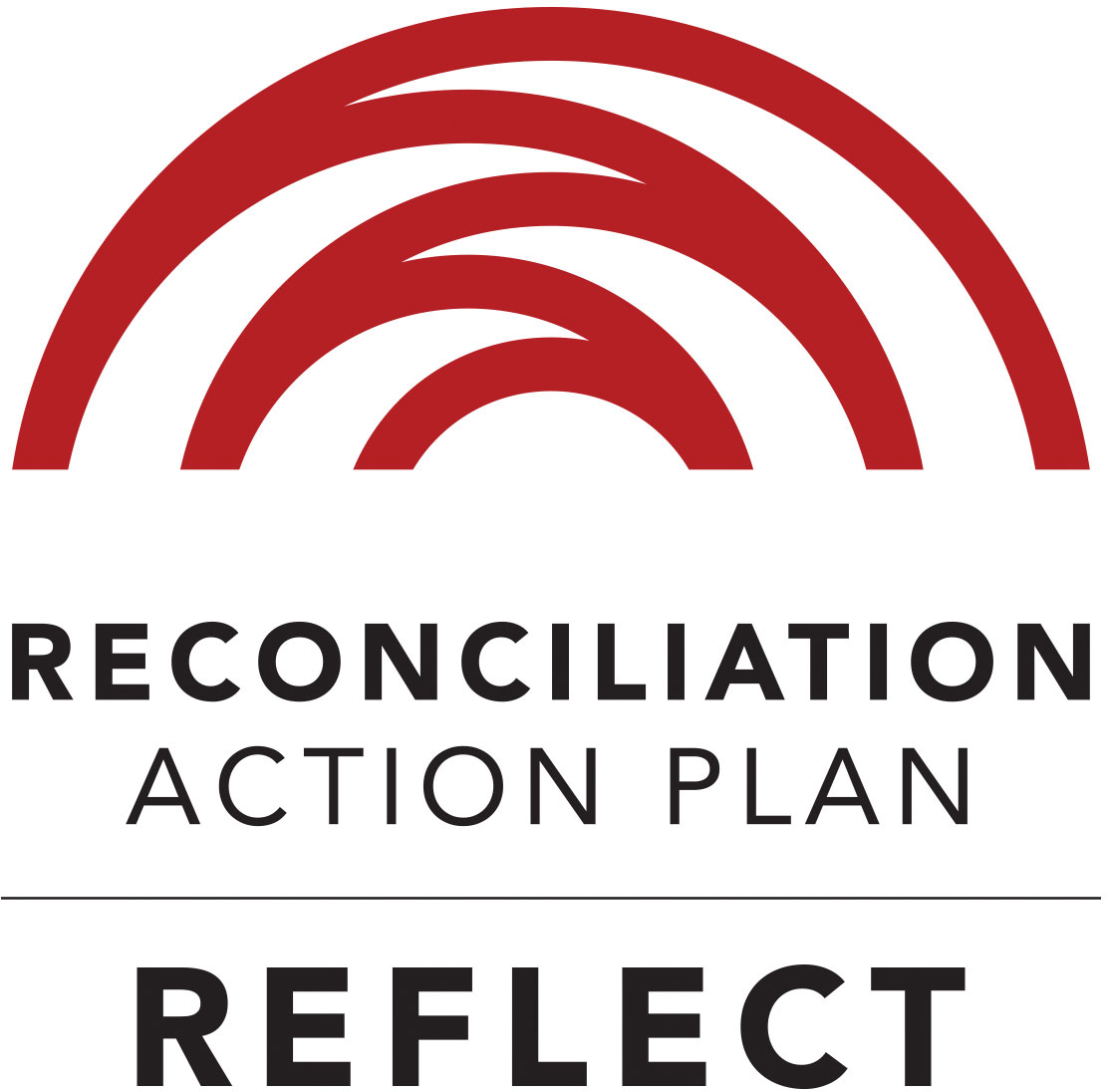More pages in this section
selectability partners with Community Mental Health Australia to deliver new project
Sometimes it only takes a conversation.
A new project in Townsville engages householders in conversations about mental health and wellbeing to help link them with local services in their area.
Community Mental Health Australia (CMHA) has partnered with selectability to doorknock in Aitkenvale, Heatley, and Rasmussen from June.
The Assisting Communities through Direct Connection (ACDC) project is going door-to-door to check in with householders.
The ACDC Project, run by CMHA, is visiting different locations in Australia to improve community mental health and wellbeing and collect important data.
Kathryn Konidis from selectability says some of the main challenges for the people of Townsville is the transport system.
“People from our outer lying suburbs are not always able to jump on a bus to travel to the inner city or to suburbs where they can receive support services or attend activities and events for social connection,” said Kathryn.
“selectability and CMHA, with our shared values of providing on the ground support are delighted to be able to bring this project to the Townsville community.”
“The project compliments selectability’s ongoing consultation with residents to bring tailored services to the region.”
CEO of Community Mental Health Australia, Bill Gye, said there are many reasons why people do not want to talk about or even think about their mental health.
“People may prefer to tough it out, hide it from others, or avoid the stigma. The ACDC Project is going directly to households in Australia to engage them in conversation about these important issues.,” said Mr Gye.
The ACDC Project is not typical door-knocking as we know it. Contact is made via friendly ‘People Connectors’ who let householders know about the free or low-cost services available in their area and deliver an information pack with a fridge magnet and brochure.
People Connector Jodi Gilby is looking forward to meeting the community and hearing householders’ stories.
“Hopefully we can connect people to services that will have a positive outcome for their mental health and overall wellbeing. The local services included in the information packs are easily accessible and relevant to the community.”
The other aim of the ACDC Project is to gather feedback on any service gaps so that improvements can be made by local, state, and federal governments.
For each of the communities visited throughout Australia, the ACDC Project will generate data and information about the reasons why people do not access support from local services.
The findings of the ACDC Project evaluation report will contribute to discussions about funding for community-managed mental health services in Australia, and how the mental health support needs of people in communities are delivered.
Previous project data has shown how effective a proactive approach is in reaching, engaging, and resourcing people to connect with local services and supports.
“The ACDC Project aims to address a serious problem with mental health services in Australia. Often, people only look for or receive support when they are in crisis. We must be more proactive in connecting and communicating with people about the importance of wellbeing. Prevention and early intervention are far more effective than dealing with people in crisis,” says Bill Gye.
The ACDC Project provides important wellbeing information to householders of all educational, cultural, and language backgrounds to promote access to mental health, social and emotional wellbeing support.
If the householder is not home a card is left in their letterbox with contact details so they can ask the People Connectors to come back.
The ACDC Project is funded by the Department of Social Services.
USEFUL LINKS

selectability acknowledges the Traditional Owners of the land on which we provide services and pay our respects to Elders past, present and emerging. We acknowledge those with lived experience and those who support and partner with us to improve mental wellbeing and prevent suicide across regional Queensland.







